In Missouri, cottage food laws laws dictate what types of foods can be prepared in a home kitchen and sold to consumers. The Missouri Department of Health oversees these regulations to ensure food safety.
By familiarizing yourself with these laws, you can successfully launch your micro bakery and comply with state regulations.
Key Takeaways
- Understand the basics of cottage food laws in Missouri.
- Learn what types of foods can be prepared in a home kitchen.
- Familiarize yourself with the regulations surrounding food safety.
- Discover the role of the Missouri Department of Health in overseeing cottage food laws.
- Gain insights into starting a successful home-based bakery business.
Understanding Missouri Cottage Food Laws
To start a micro bakery in Missouri, one must first understand the state’s cottage food laws. These laws are designed to allow individuals to produce and sell certain foods from their home kitchens while maintaining public safety.
What Qualifies as Cottage Food in Missouri
In Missouri, cottage foods are those that are considered non-potentially hazardous. This means they are less likely to cause foodborne illness. Examples include baked goods like cookies, cakes, and breads, as well as jams, honey, and candies.
- Baked goods (e.g., cookies, cakes, breads)
- Jams and jellies
- Honey
- Candies
Non-Potentially Hazardous Foods Explained
Determining whether a food is non-potentially hazardous involves considering its acidity, moisture content, and processing methods. Foods that are high in acidity or low in moisture are generally considered safer. For instance, a dry baked good like a cookie is less likely to support bacterial growth than a moist dairy-based dessert.
Legal Requirements for Your Home Bakery Business
To operate a home bakery business in Missouri, it’s essential to understand the legal requirements that govern cottage food operations. Compliance with these regulations ensures the legitimacy and success of your venture.
Labeling Requirements and Disclaimers
Missouri law mandates specific labeling for cottage food products. The label must include the product name, a statement indicating that the product was made in a kitchen not subject to state inspection, and your business name and address. For example: “Made in a home kitchen not inspected by the state.”
Labeling Example:
| Label Component | Description | Example |
|---|---|---|
| Product Name | Name of the product | Homemade Cookies |
| Disclaimer Statement | Statement indicating the kitchen is not inspected | Made in a home kitchen not inspected by the state |
| Business Information | Your business name and address | Jane’s Bakery, 123 Main St. |
Business Licensing and Local Regulations
While Missouri’s cottage food law doesn’t require a state-issued food license, local regulations may apply. Check with your local health department and city business licensing office to determine necessary permits or licenses.
Sales Locations and Restrictions
Cottage food sales in Missouri are restricted to certain venues. Understanding these restrictions is crucial for planning your sales strategy.
Point of Sale Requirements
Sales can occur directly to consumers through various channels, including online platforms and in-person events, provided that the product is delivered or picked up directly by the customer.
Selling at Farmers Markets and Events
Farmers markets and similar events are permissible sales venues. Ensure compliance with market rules and regulations.
Food Safety and Handling Practices
Although your kitchen isn’t subject to state inspection, maintaining high standards of food safety is crucial. Follow proper food handling practices to protect your customers and your business reputation.

Conclusion: Growing Your Missouri Micro Bakery
As you establish your micro bakery in Missouri, understanding the state’s cottage food laws and regulations is crucial for growing your business successfully. The Missouri Department of Health and Senior Services provides valuable resources to help you navigate these regulations.
To ensure compliance with state law and local health department regulations, it’s essential to stay informed about the requirements for labeling, licensing, and sales locations. This knowledge will enable you to focus on creating delicious cottage food products that appeal to your customers.
As you grow your business in the food industry, maintaining high standards of food safety and handling practices will be vital to your success. By following the guidelines outlined in this guide and leveraging the resources available from the Missouri Department of Health and Senior Services, you’ll be well on your way to building a thriving micro bakery business.
FAQ
What is considered a cottage food in Missouri?
In Missouri, cottage foods are non-potentially hazardous foods prepared in a home kitchen, such as baked goods, jams, and jellies, that are sold directly to consumers.
What are non-potentially hazardous foods?
Non-potentially hazardous foods are those that are unlikely to support the growth of pathogens, such as bacteria, viruses, or other microorganisms that can cause foodborne illness. Examples include baked goods, candies, and dried fruits.
Do I need a business license to operate a cottage food business in Missouri?
A cottage food production operation is not a food service establishment and is not regulated by state or local health departments. There is no food permit or license for cottage food production operations, but products must meet the labeling requirements listed by law.
What labeling requirements must I follow for my cottage food products?
Cottage food products must be labeled with the name and address of the producer, the name of the product, a statement indicating that the product was prepared in a kitchen not subject to state inspection, and any required allergen warnings.
Can I sell my cottage food products at farmers markets and events?
Yes, you can sell your cottage food products at farmers markets and events, but you must comply with the regulations and requirements set by the market or event organizers, as well as any local health department regulations.
Are there any specific food safety and handling practices I must follow for my cottage food business?
Yes, you must follow proper food safety and handling practices to ensure the quality and safety of your cottage food products, including maintaining a clean and sanitary kitchen environment and handling ingredients and products safely.
Do I need to display a placard or sign at the point of sale for my cottage food products?
Yes, you are required to display a clearly visible placard or sign at the point of sale indicating that the product was prepared in a kitchen not subject to state inspection.
Are there any restrictions on the types of foods I can prepare and sell under Missouri’s cottage food laws?
Yes, Missouri’s cottage food laws restrict the types of foods that can be prepared and sold to non-potentially hazardous foods, and certain foods, such as low-acid canned and acidified foods, are subject to specific regulations and requirements.
Where can I find more information on Missouri’s cottage food laws and regulations?
You can find more information on Missouri’s cottage food laws and regulations on the Missouri Department of Health and Senior Services’ official website, or by contacting your local health department.
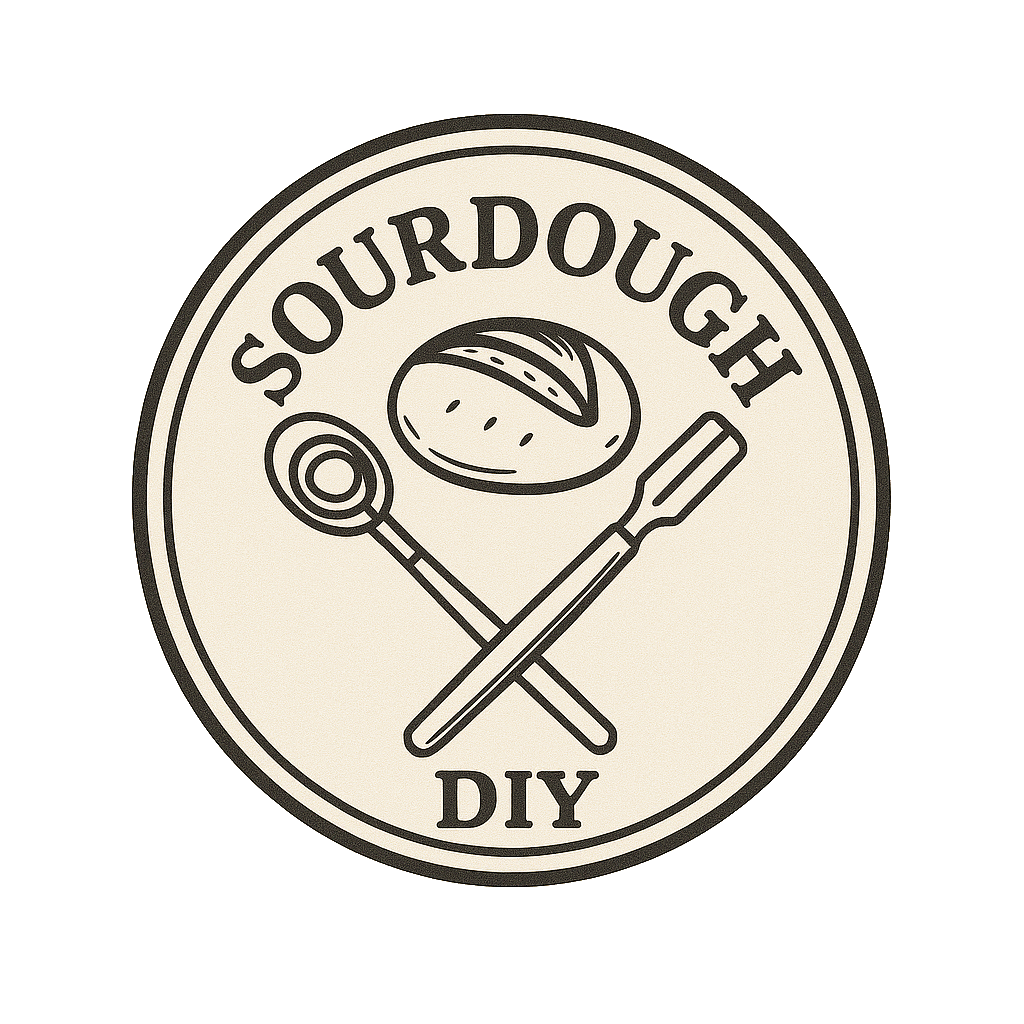
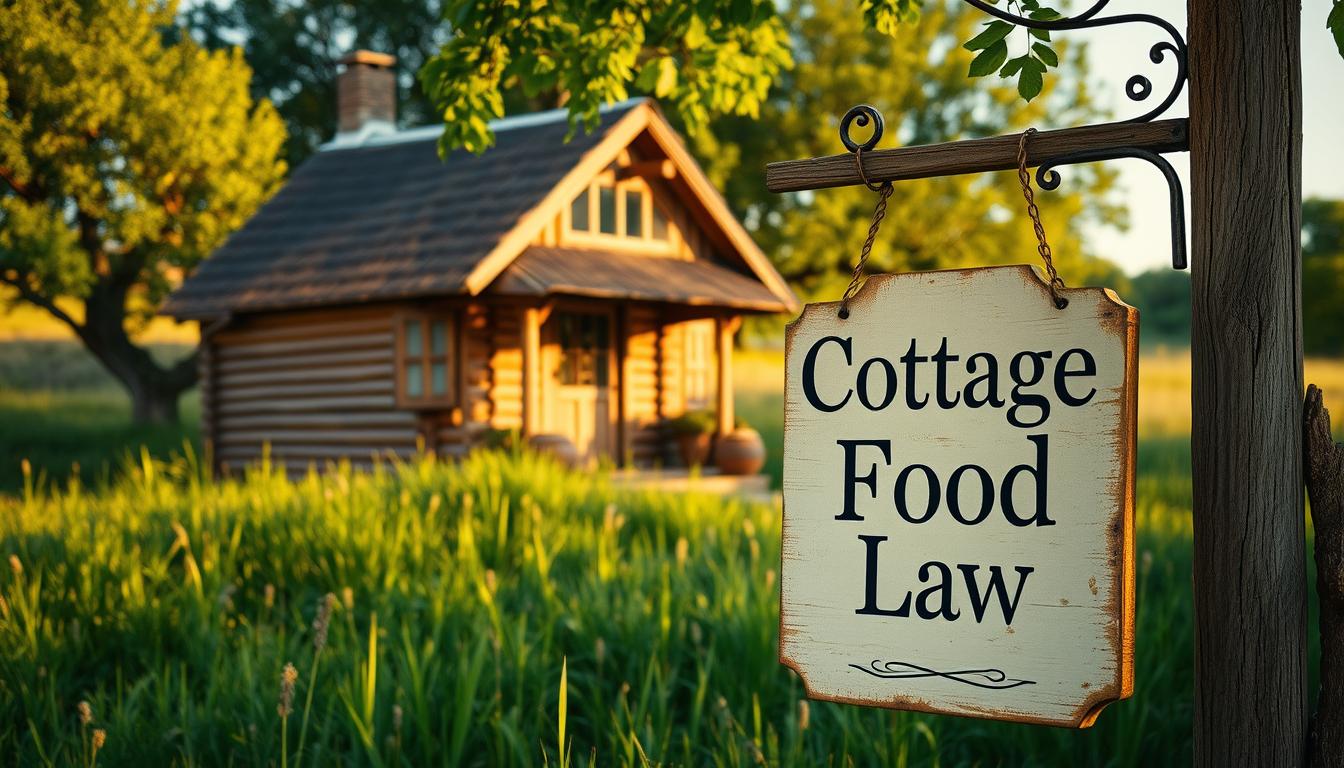
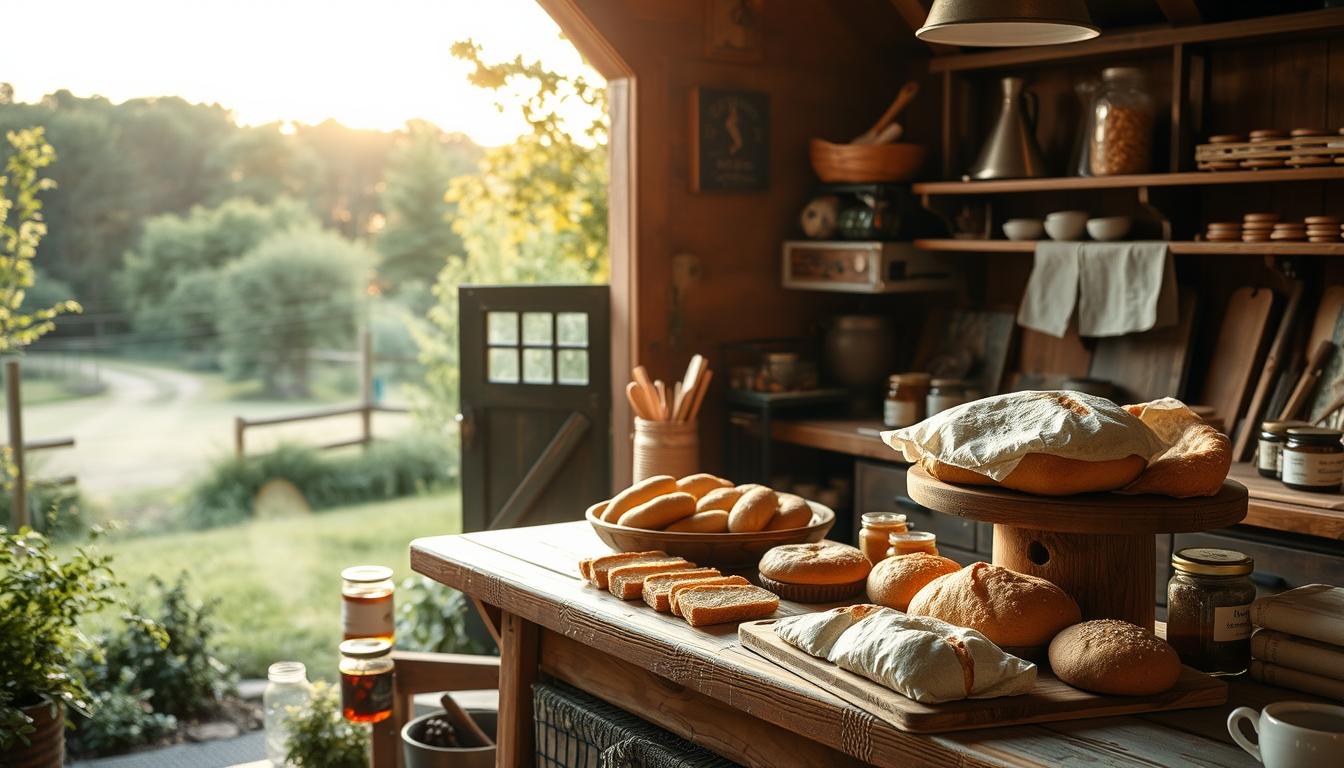
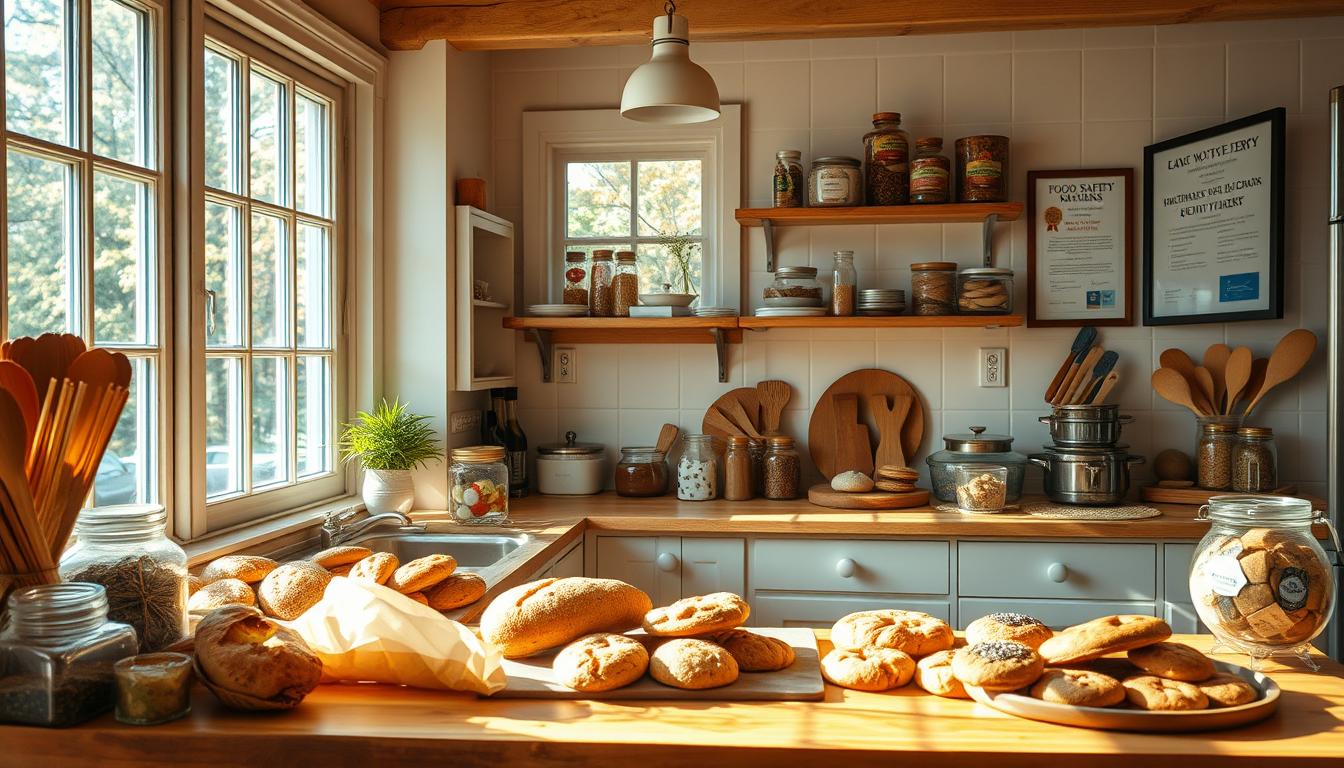
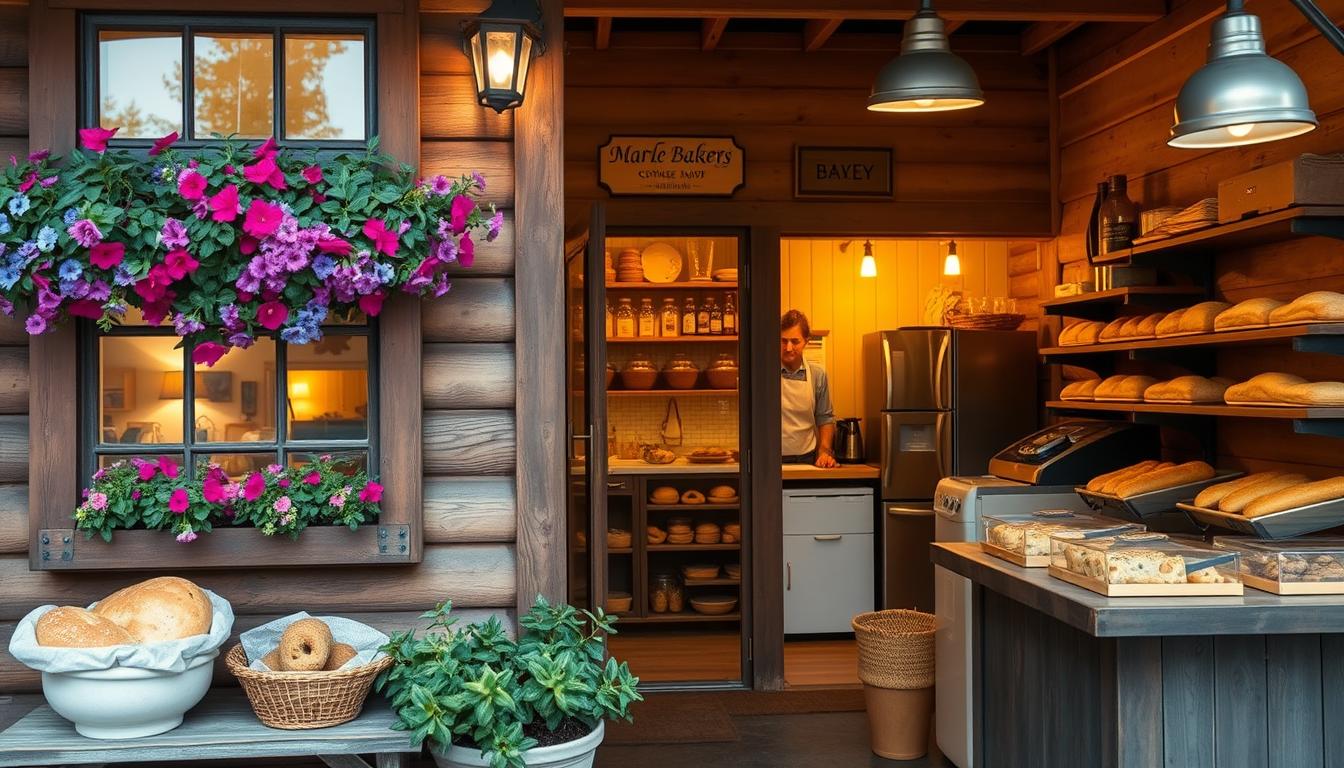
Leave a Reply